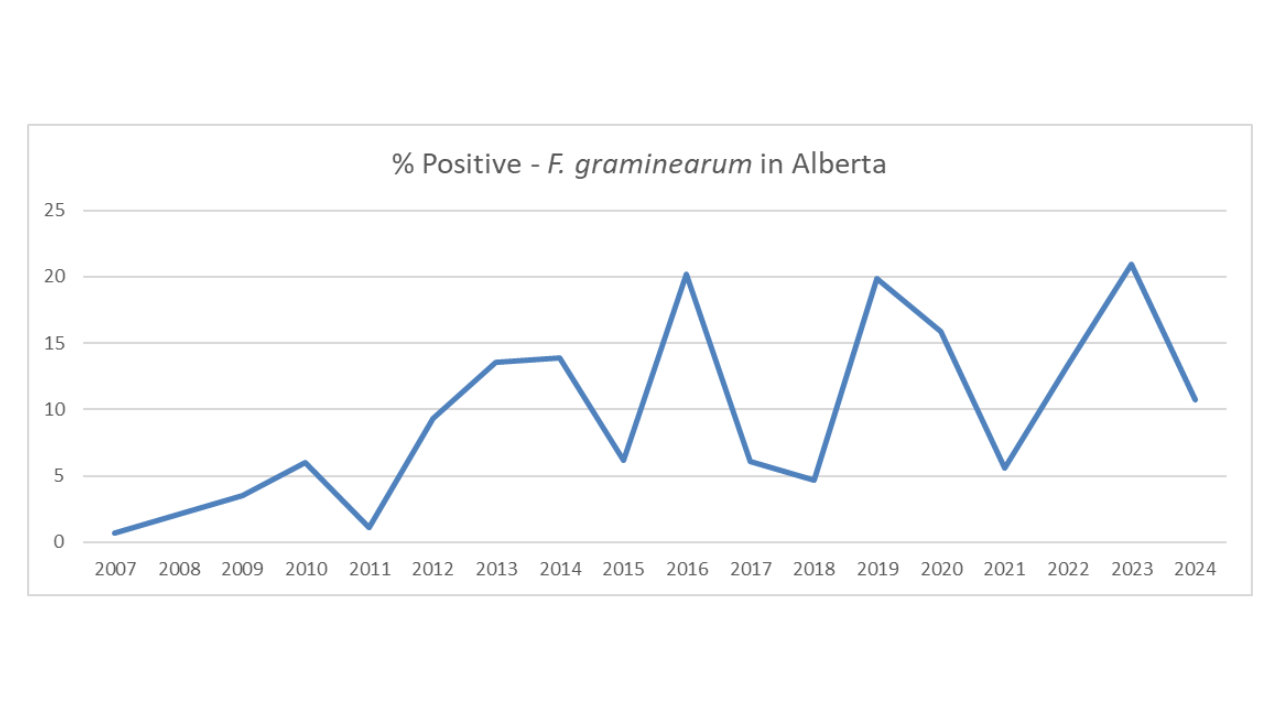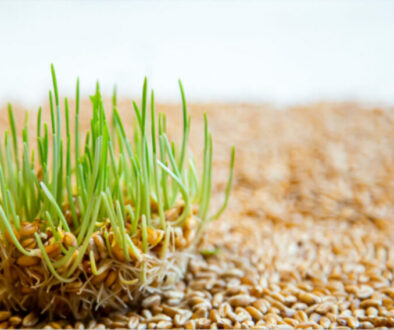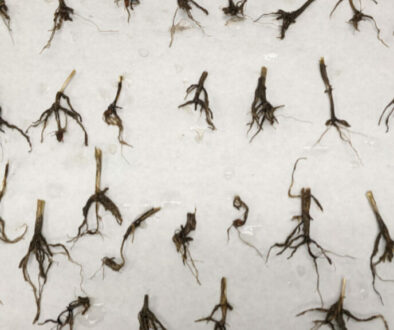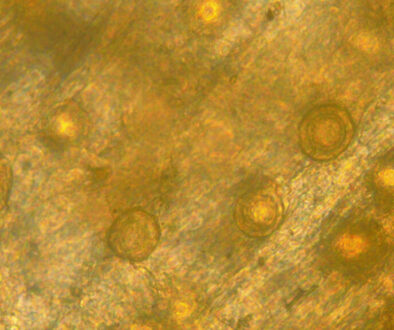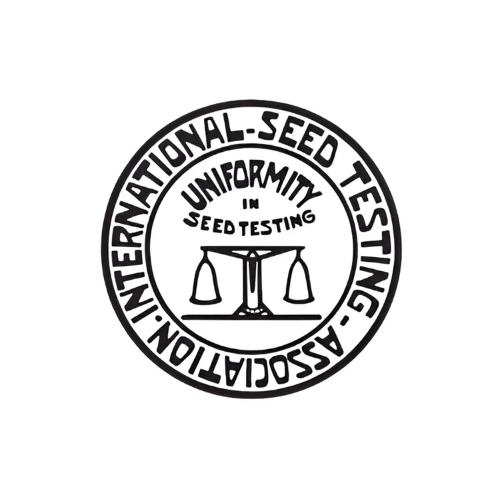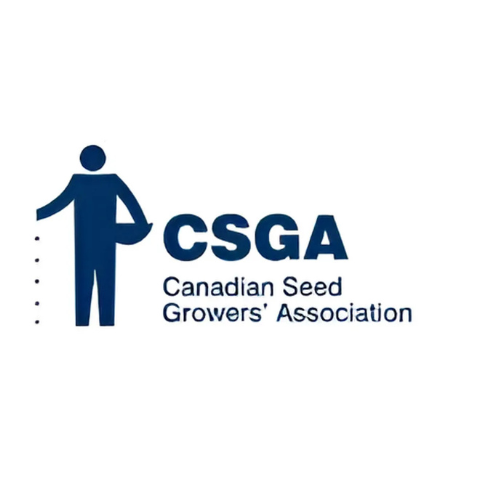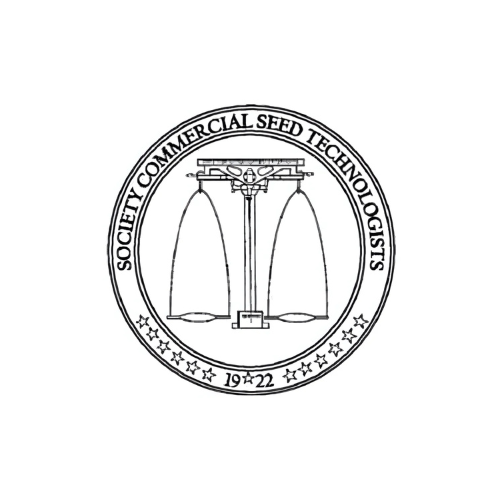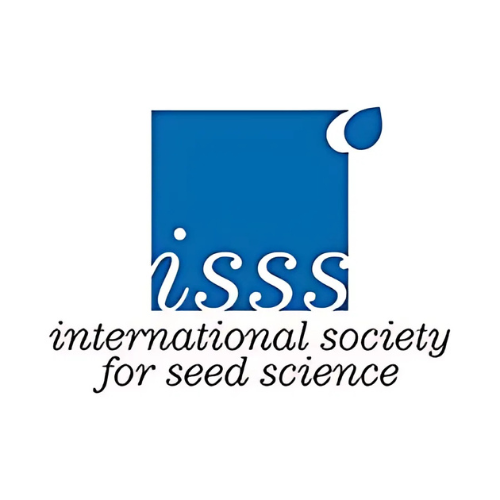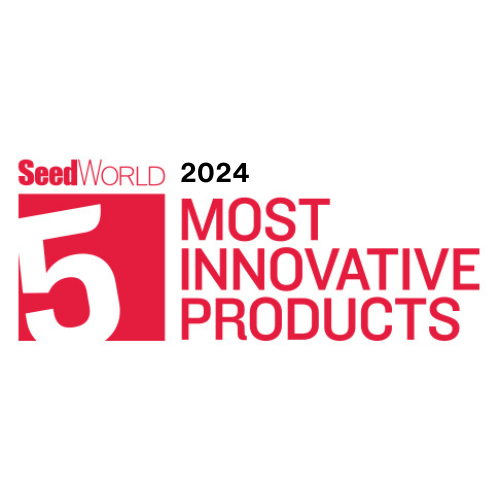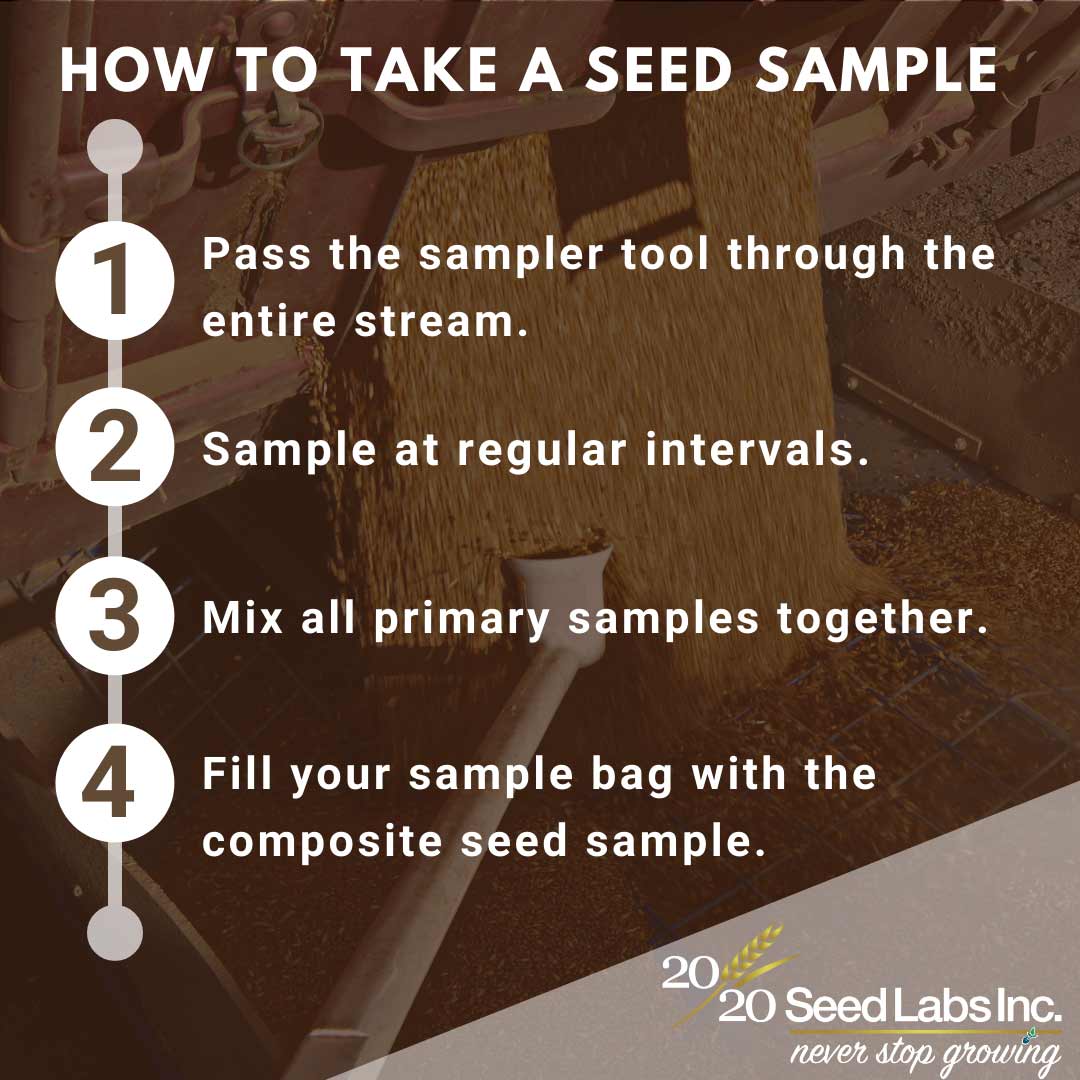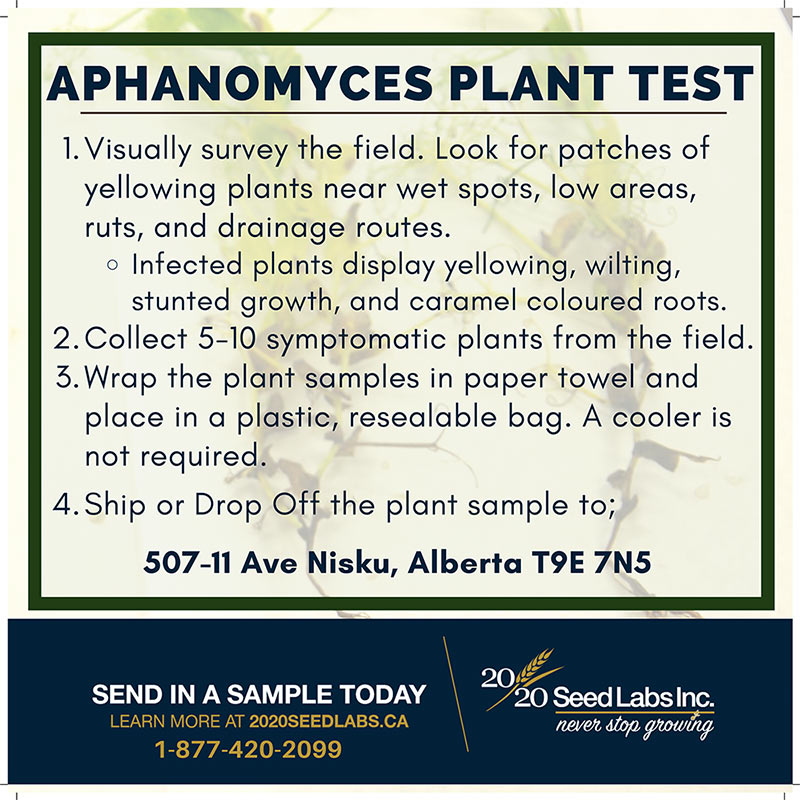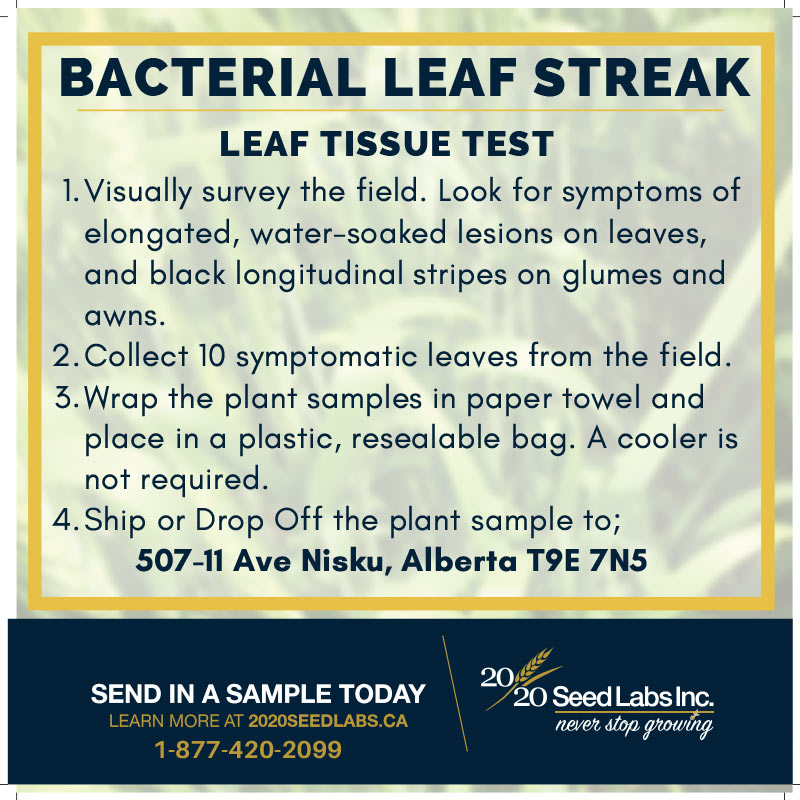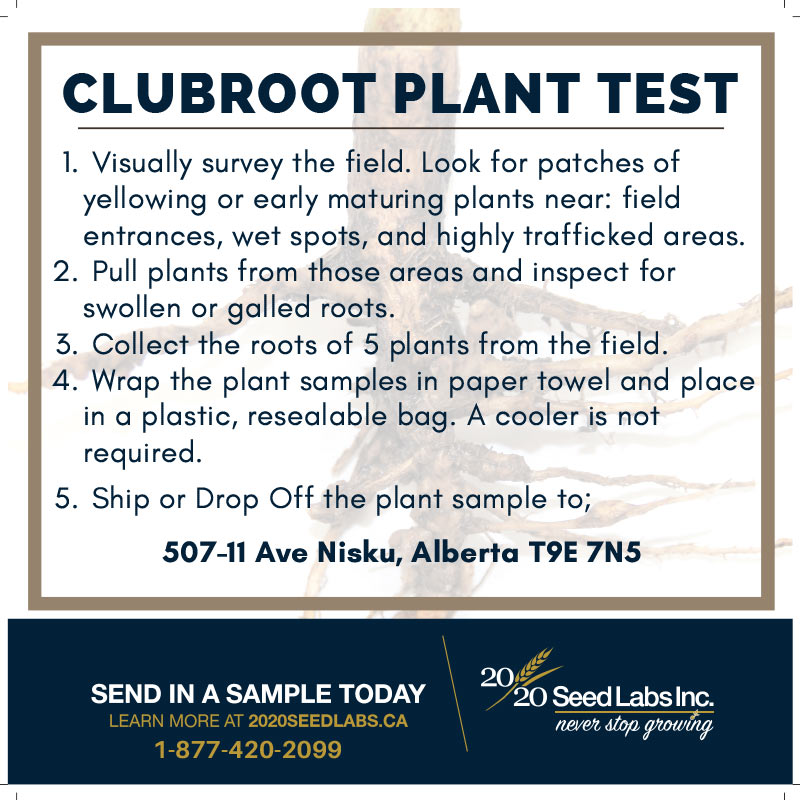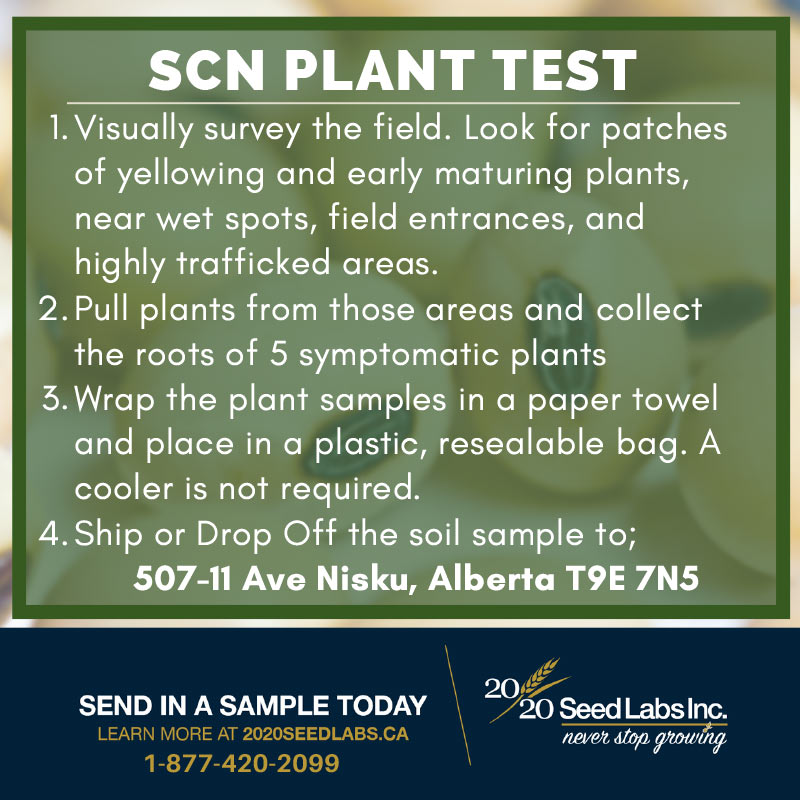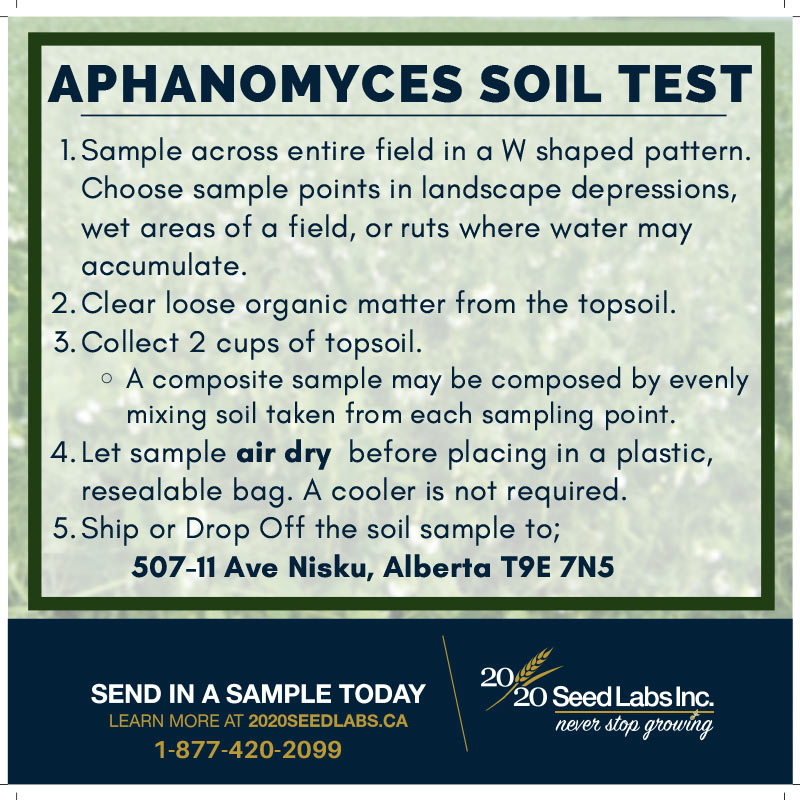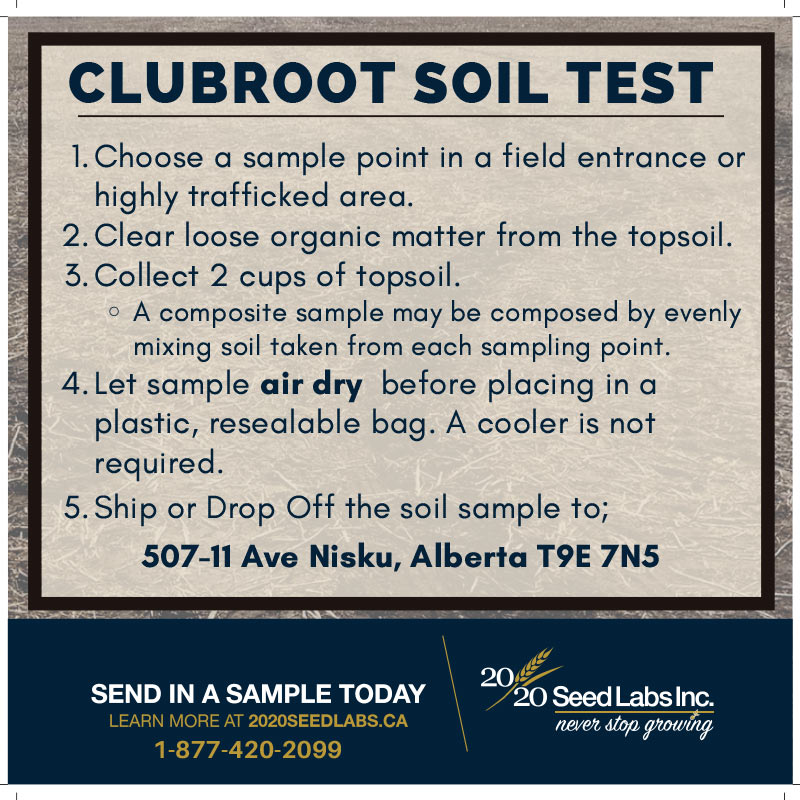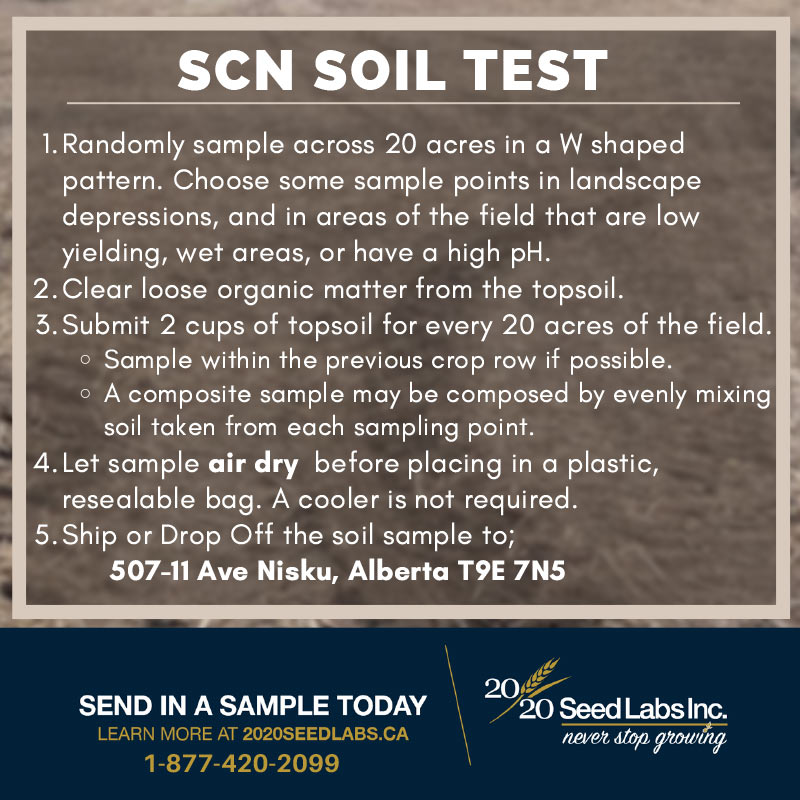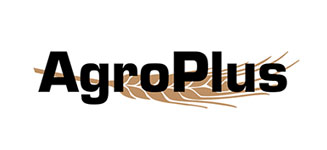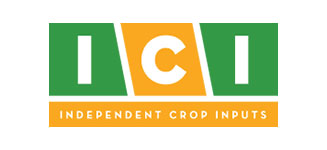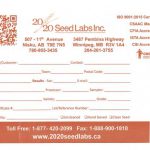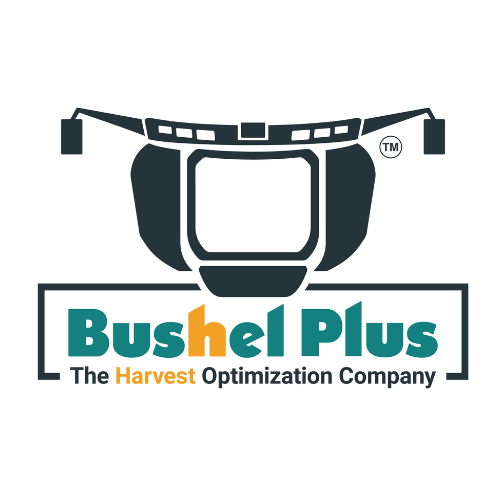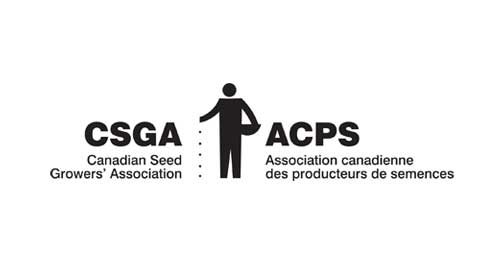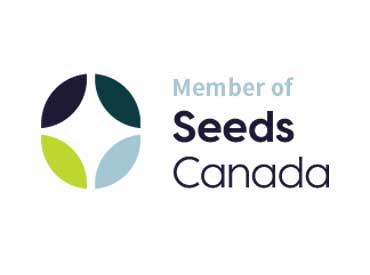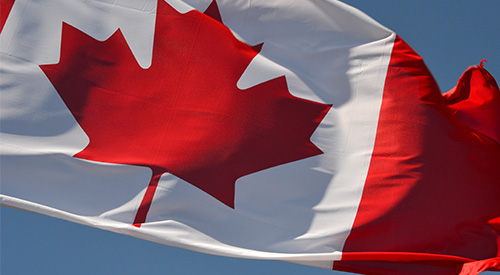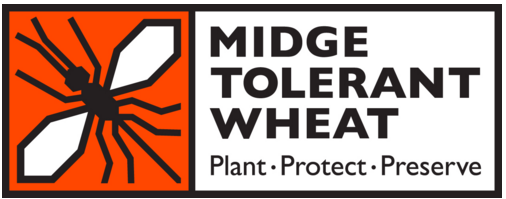Fungal Screens
Happy New Year! As we come into 2025, the results from the Disease lab have started to stabilize and I expect only smaller changes going forward. Last month I reported that 10.5% of cereal samples from Alberta were testing positive for F. graminearum and after another month of testing it has only slightly increased to 10.8% of samples that are positive for F. graminearum (Figure 1).
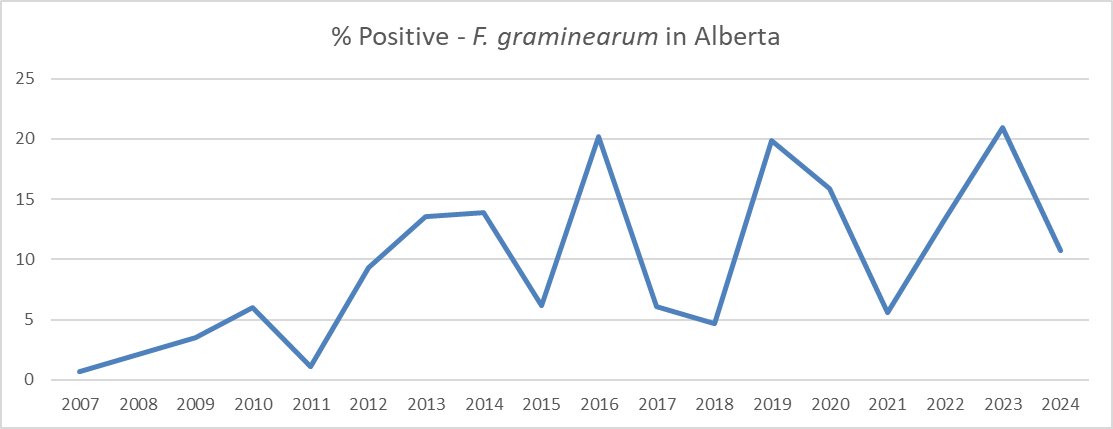
Figure 1. % of cereal (wheat, barley, oat, durum wheat, rye, triticale) samples from Alberta tested at 20/20 Seed Labs that are positive for F. graminearum every year since 2007.
A Fusarium graminearum test will only give you the amount of that single pathogen that is present, but there may be other pathogens present at high levels that can devastate a crop before it’s even able to get established. With a Fungal Screen test we observe and report on 10 different fungi that can be seed-borne in cereals. The report is split up into 3 different categories: Pathogens, Saprophytes, and Storage Molds. Here is an example of a report:
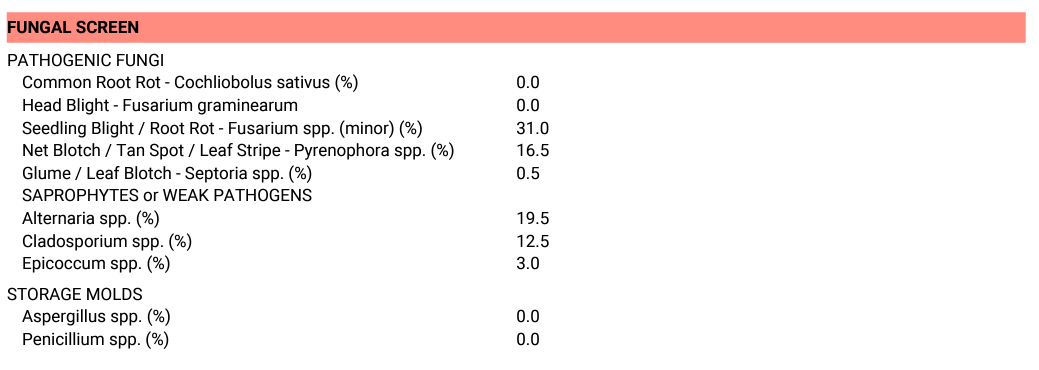
In this example the client has 31% Fusarium spp. other than F. graminearum present, as well as 16.5% Pyrenophora spp., and 0.5% Septoria spp. That’s a total of 48% – almost half of the seed – that has a pathogen present. If this client had only requested a Fusarium graminearum test, they would not have this important information. When considering how important planting good, quality seed is to getting off on the right foot for the growing season, you need to have the most information to make the best decisions. The information from a Fungal Screen can be used to make informed decisions about which seed to use, if you need a seed treatment, and what seed treatment to use at what rate, seeding rates, and even what diseases you will want to scout for during a growing season.
I’ve collected the average % of samples testing positive for each of these pathogens going back to 2007 (Figure 2).
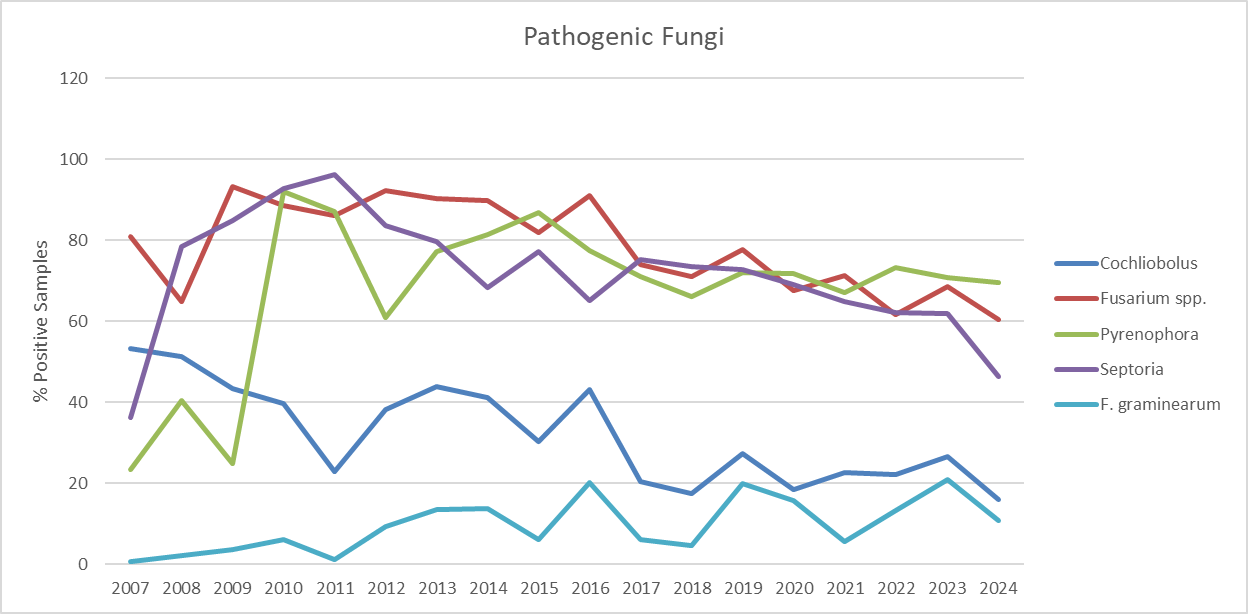
Figure 8. % of cereal samples from Alberta testing positive for Cochliobolus sativus, Fusarium spp., Pyrenophora spp., Septoria spp., and F. graminearum tested at 20/20 Seed Labs every year since 2007.
The F. graminearum data you will recognize as the same as Figure 1. Pyrenophora spp. is the most common pathogen this year, although it decreased slightly from last year to 69.7% positive. Fusarium spp. (other than F. graminearum) is the next most common pathogen. 2024 is showing the lowest % of samples testing positive for Fusarium spp. at 60.6%. Septoria spp. is third most common, but has been on a decline since its peak in 2011. This year 46.3% of samples have a Septoria spp. infection. Interestingly, Cochliobolus sativus shows a similar increase and decrease each year as F. graminearum, although it is on a gradual decline since its peak in 2007. This year samples positive for Cochliobolus sativus are at the lowest levels ever observed at 16%.
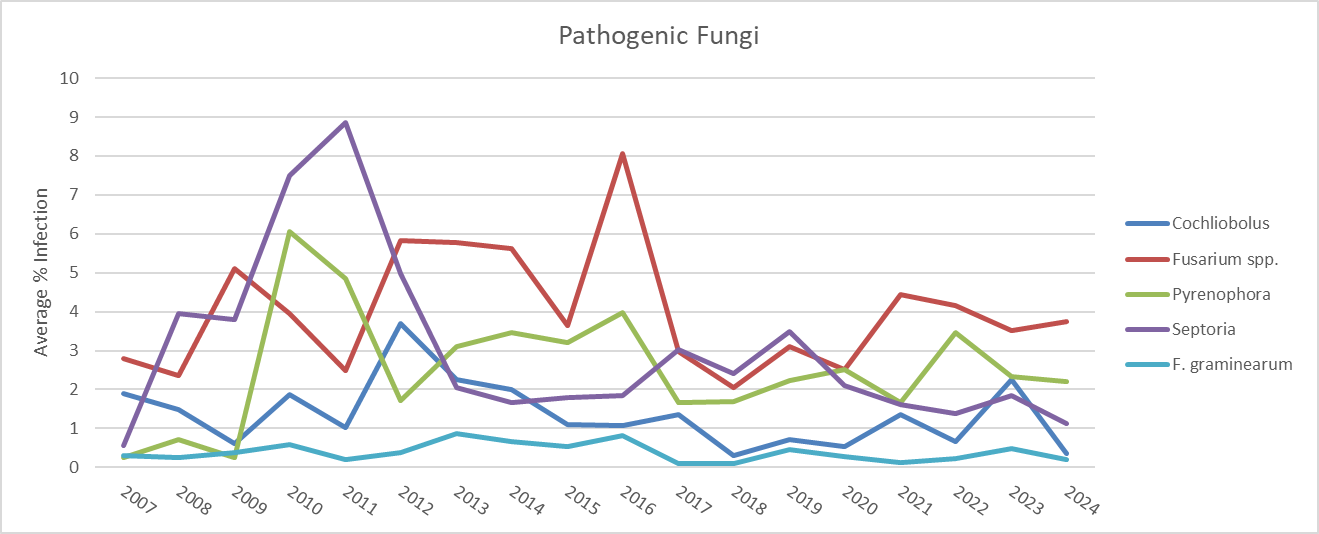
Figure 9. Average % infection of pathogens tested in the Fungal Screen in all cereals tested from Alberta since 2007.
The average % infection of Cochliobolus sativus has decreased from last year to 0.4% (Figure 9). Pyrenophora spp. is at a similar level to last year at 2.2%. Fusarium spp. has increased slightly over last year and sits at 3.8%. Septoria spp. is at the lowest level since 2007 at 1.1% infection in the average sample.
The results from a Fungal Screen test can assist in selecting a Seed Treatment, ensuring that the pathogens you know are present are either controlled or suppressed by your seed treatment of choice. A Certified Crop Advisor (CCA) or Certified Professional Agronomist (CPAg) can be consulted to help with this process. The labels for the seed treatment need to be carefully read to understand what they are able to control and suppress. I have looked at the labels of a few common seed treatments and put these into a table below to help understand the capability of each product.

Table 1. Control and Suppression of Fungal Screen species for some common seed treatments.
The “control” is often for seedling blights and seed borne infections, while “suppression” is often for later infections, such as root rot, or soil borne infections. There are also pathogens on many of the labels that I have not included in this table because they are not tested for in the Fungal Screen. You will see I have included a column for True Loose Smut. This is a test which needs to be requested and performed separately from a Fungal Screen. Before committing to any seed treatment decision I would like to again stress that the labels need to carefully read each time as there can occasionally be changes.
If you have any questions or comments about any of the information presented here please feel free to contact me at Trevor@2020seedlabs.ca.
